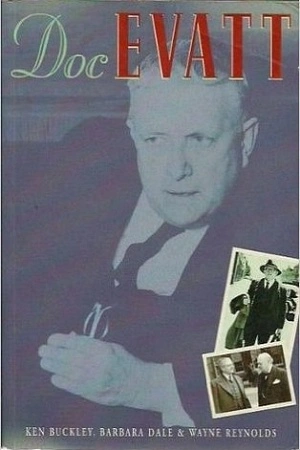Henrik Ibsen: The man and the mask
Yale University Press (Footprint), $74.99 hb, 704 pp, 9780300208818
Henrik Ibsen: The man and the mask by Ivo de Figueiredo, translated by Robert Ferguson
One of the strongest markers of identity in my birthplace, Iceland, is the idea of independence. The country takes great pride in how it reacquired full independence from Denmark in 1944; one of the main political parties is called the Independence Party, and the most famous Icelandic novel is Independent People by Halldór Laxness. Being an independent-minded person is seen as a defining quality. But I have often felt that only a small country in which everyone is either related or closely connected could be so strident about being independent. In almost all respects the opposite is true.
It would probably be unfair to compare Henrik Ibsen (1828–1906) with a rocky island in the North Atlantic. But as I was reading Ivo de Figueiredo’s captivating new biography of the playwright, I was struck by how Ibsen was rather like Iceland in some of his insistences. The ‘state of Ibsen’, as de Figueiredo puts it, was convinced of its own isolation, as certain as Ibsen’s character Dr Stockmann (in An Enemy of the People) is that ‘the strongest man in the world is he who stands most alone’. The portrait of Ibsen that emerges in this book is of a man who saw himself and his artistic practice in this way. He preferred to examine from the outside rather than from within, and felt that he was writing for eternity rather than as a reflection of his times. He was often unpleasant with his friends and colleagues, and harsh towards his critics and competitors. When living in Italy, Ibsen even kept a scorpion under a beer glass on his desk, seemingly a reminder of his role as a writer: to strike poison where society needed it.
Continue reading for only $10 per month.
Subscribe and gain full access to Australian Book Review.
Already a subscriber? Sign in.
If you need assistance, feel free to contact us.















Leave a comment
If you are an ABR subscriber, you will need to sign in to post a comment.
If you have forgotten your sign in details, or if you receive an error message when trying to submit your comment, please email your comment (and the name of the article to which it relates) to ABR Comments. We will review your comment and, subject to approval, we will post it under your name.
Please note that all comments must be approved by ABR and comply with our Terms & Conditions.